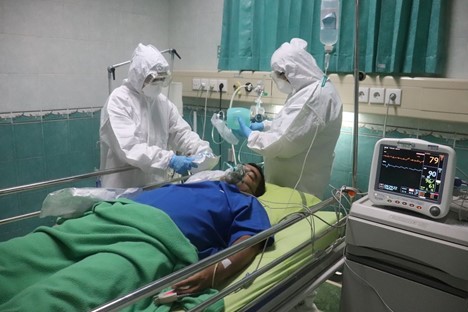Covid-19 Vaccine for People Inside DOC Facilities
Ensuring DOC takes the necessary steps to provide everyone with access, and a real choice, to take the COVID-19 Vaccine.
Criminal Justice Reform, Systems Reform – IMPACT LITIGATION
Since the outset of the pandemic in early 2020, Columbia Legal Services has heard from hundreds of individuals residing in the Department of Corrections (DOC) with concerns about how DOC has responded to the virus. In addition to the over 6,100 residents who have contracted the virus, people in DOC custody have been subjected to abhorrent conditions as a result of the Department’s COVID-19 response, ranging from facility-wide lockdowns, to the extensive use of solitary confinement, to limited access to toilets and showers, to restricted contact with family and loved ones, to placement of residents in decommissioned buildings without access to drinking water or ventilation.
Now with the introduction and availability of multiple effective vaccines, Governor Inslee, Department of Health (DOH), and DOC must take immediate steps to protect the vulnerable people who are living in our state correctional facilities. Immediate access to the vaccine is critical to protecting the people in DOC custody, but simply allocating the required number of doses will not be sufficient. Columbia Legal Services has received feedback from numerous individuals in a variety of DOC facilities, as well as concerned family members and loved ones, that many people are reluctant to accept the vaccine when it is offered because of fears that DOC is not providing accurate information about the vaccine, and concerns about whether they will be administering an approved vaccine to residents. The fact that the State is prioritizing correctional staff members over residents has in many cases exacerbated this distrust. It is imperative that the Governor, DOH, and DOC partner not only with each other, but also engage with authentic, respected voices in the community to help spread accurate information and build trust around the vaccine and DOC’s ability to properly administer it.
Overcoming the COVID-19 virus will require a large enough percentage of the DOC population to accept the vaccine. If DOC hopes to reach this milestone, it is essential to utilize culturally responsive resources to provide ongoing outreach, education, and medical services in conjunction with immediate allocation of the vaccine doses for DOC residents. DOC must ensure that information about the vaccine – and the vaccine itself – is provided to DOC residents in a way that is both factually accurate and designed to assuage the historic and ongoing distrust of DOC and the medical community at large. The State has made efforts to address distrust and misinformation in our communities outside of prisons, and it must also make similar efforts to engage and build trust with the individuals living in correctional facilities. See our FAQ_Rush-v-WA-DOC_August_2021 resource.
Study by the CDC and University of Washington found that most inmates in jails and prisons either said they wanted to wait before getting the vaccine or would refuse one. “Culturally and health-literacy informed interventions are needed to help them feel more confident about getting vaccinated,” said lead author Dr. Marc Stern, affiliate assistant professor of health services in the UW School of Public Health.
Legal Documents Below
TEAM

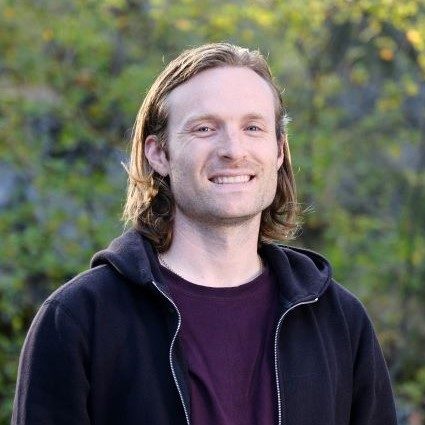




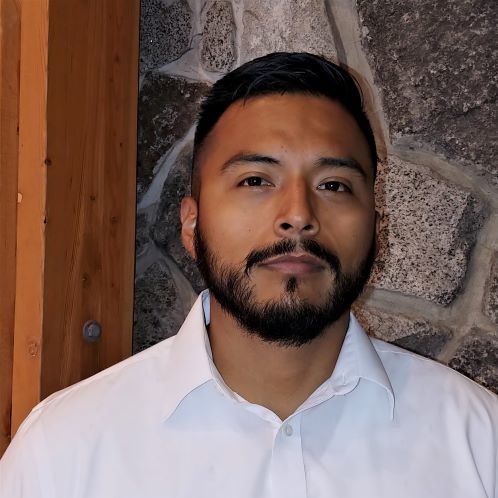
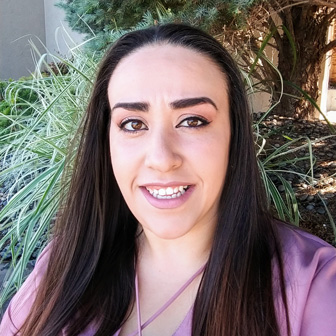

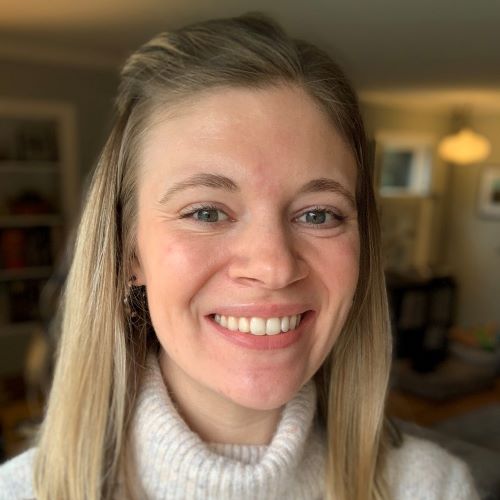


COVID in prison: case dismissed when DOC met (most of) our demands
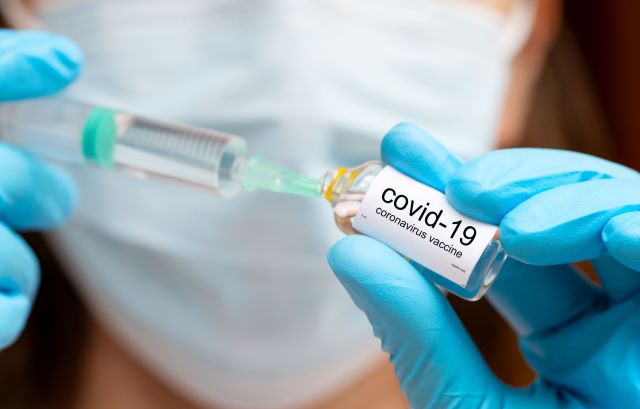
Since the first days of the COVID-19 pandemic, people inside prisons have faced extreme risk of exposure, repeated outbreaks, prolonged lockdown conditions, and an overall lack of effective precautionary measures. Unlike the general public, people in prison are unable to exercise individual safety choices, regardless of their personal health risks or beliefs. And in the absence of outbreak prevention, repeated lockdowns have stripped away what minimal movement, social interactions and productivity are allowed under normal conditions.
Our latest round of fighting for COVID protections in prison came to a close on Friday. In Rush v. DOC we demanded that the Department of Corrections take three steps:
- make vaccines available to all residents
- provide protection from unvaccinated staff (who are the primary carriers of COVID into the prisons)
- provide accurate and culturally appropriate COVID education to all people in DOC custody.
A year after filing, this case has been dismissed because two of our three demands were met. Thankfully, the vaccine was made available to people in Washington prisons and, with the governor’s mandate for state employees, all prison staff are required to be vaccinated.
However, DOC’s numerous failures and missteps – including giving expired vaccine doses and allowing misinformation to spread unchecked – have created immense distrust. The result has been a vaccination rate in prison that is 25% lower than the rest of Washington, and people inside still living with many of the threats and consequences that drove them to seek help from CLS in the first place. So, while we celebrate that progress has been made, we are keenly aware that people are still suffering.
We are proud to stand with our clients in asserting their right to safety, even when we know the law is insufficient in protecting their full health. Our prisons were not built with humanity, safety, and dignity in mind, but it is our duty to demand these essential rights all the same, and to challenge the institutions that deny them.
Thank you for your partnership.

Merf Ehman
Executive Director

